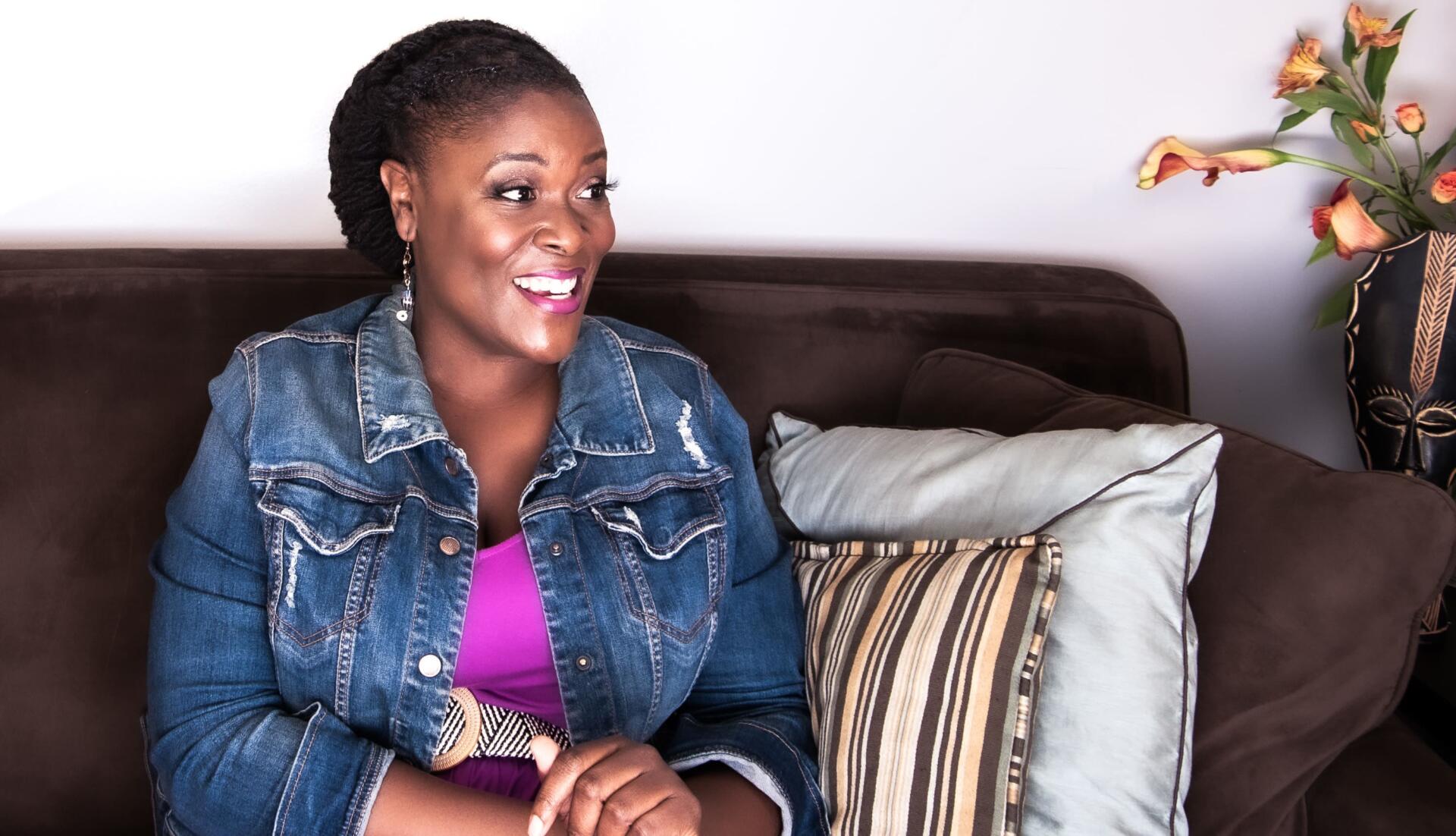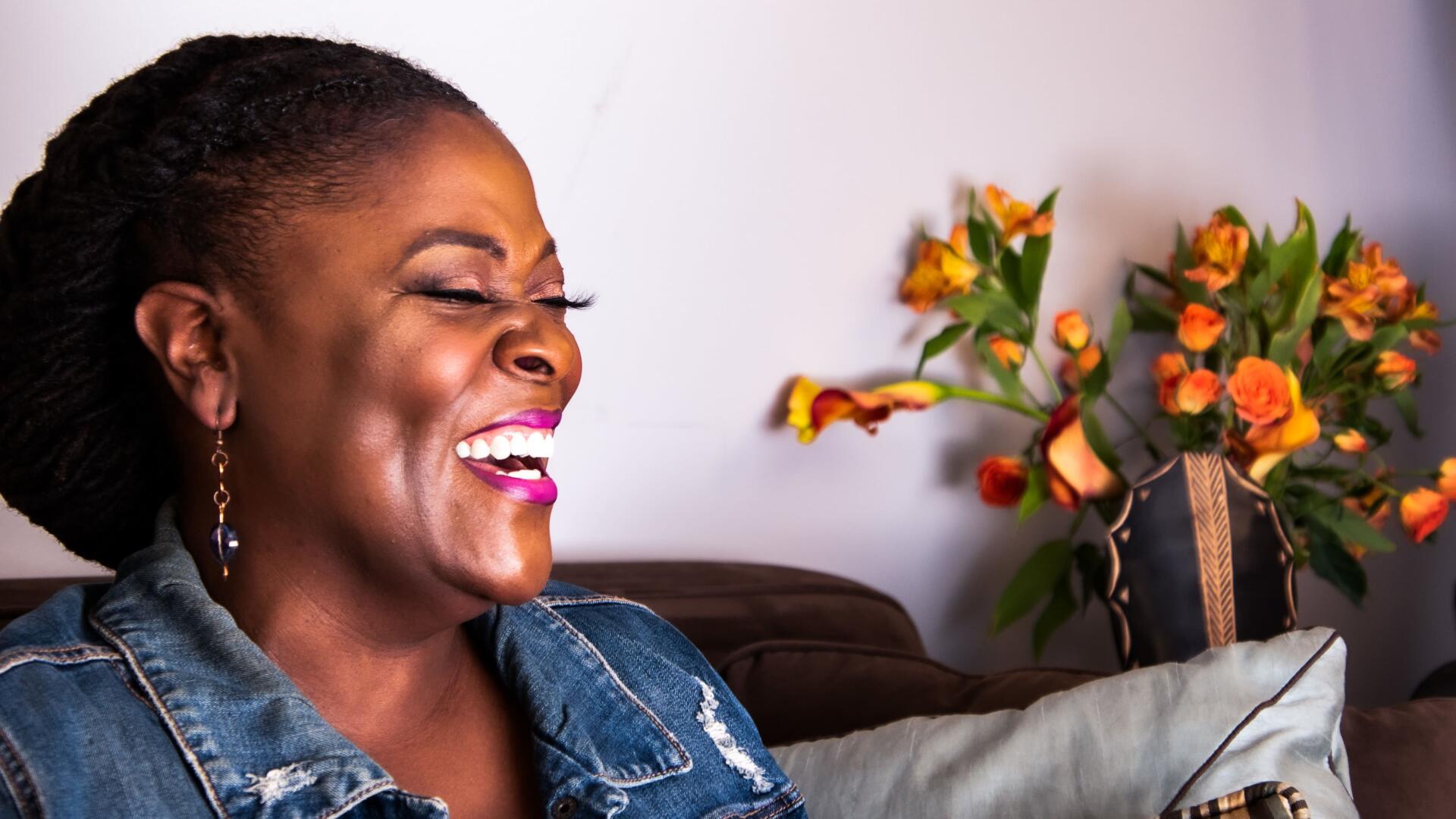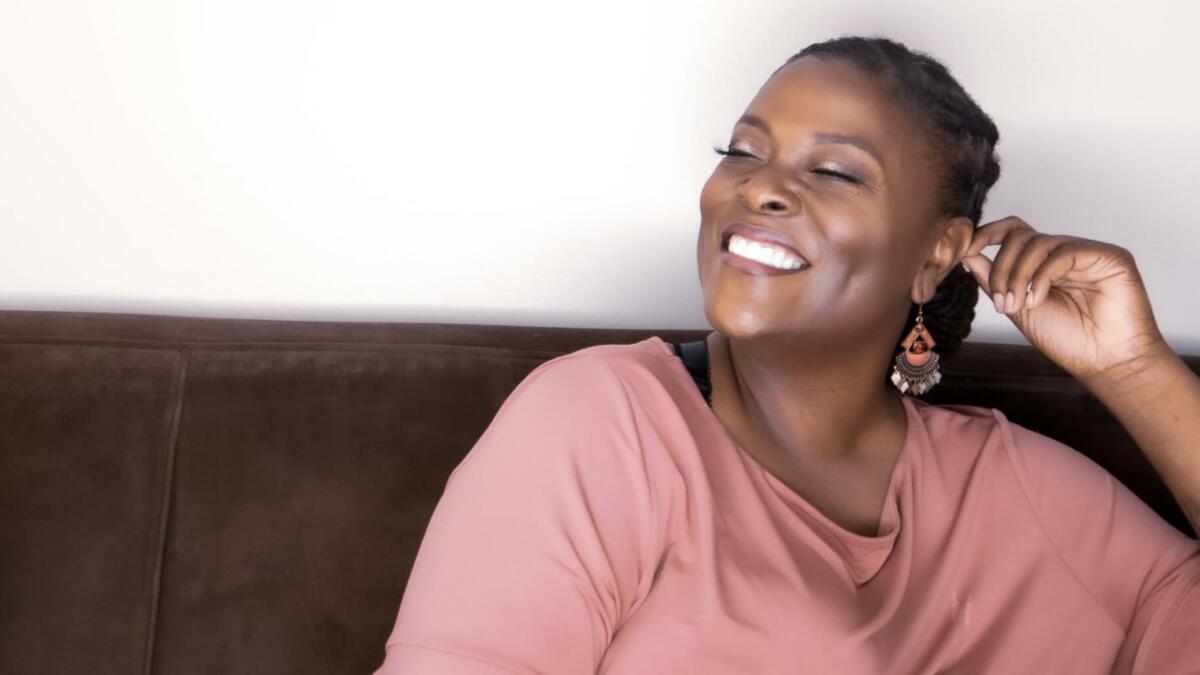“I would not say sexuality messaging itself is anti-Black as much as sexuality education as a whole is,” says Dr Tracie Q Gilbert, assistant professor, sexuality educator, and the author of Black & Sexy: A Framework of Black Sexuality in the 21st Century. Anti-Blackness in news, media and politics, she says psychologically “links the experiences and products of Black culture to death and/or depravity (i.e., worthy of death),” in the minds of Americans, “and this is what we see when sex ed is offered to Black communities.”
Black & Sexy, released this year, is Gilbert’s “attempt to make sense of the experience I’ve had in this country as a sexual and sexualized being, and I wrote it as a love letter to the me who suffered as a result of that experience, and others who’ve struggled similarly,” she says, adding, “In my grand vision, I see whole communities of Black people coming together to heal the effects of white supremacy and anti-Blackness on our sexual psyches, and using that healed energy to get our young people the information and support they need to make intelligent decisions about their sexual futures.”
Dr Gilbert says Black children are less likely to get access to sex education and “when they do, that education is more likely to incorporate a negative or shaming framework that assumes the worst of Black sexual behavior, and fails to focus on more developmental aspects of sexuality, like pleasure, love, healthy relationships, reproductive wellness, self-esteem, etc.”
She adds that Blackness is commonly left out of sexuality education in the same way that sexual orientation, gender identity, spirituality, consent, and non-traditional relationship styles are too, leaving out what is relevant to a lot of people. What is left out of sex ed matters just as much as what is included.
“This, in my mind, perpetuates the pattern of whiteness undergirding the establishment of what is sexually “normal”, with all other frames of reference being expected to position themselves in relationship to it.”
A “cis, queer, Black Xennial” originally from Milwaukee, Dr Gilbert dedicates her work to improving the lives -and sex lives- of other descents of Africans enslaved in the United States (DAEUS).
Growing up in a heavily segregated city -at the height of the AIDS pandemic and media hand-wringing about teen pregnancy- she received many negative messages about sexuality. “Growing up, girls like me were automatically deemed “at risk” of harming ourselves sexually (and I use that phrasing intentionally, since we were not usually seen as innocent and worthy of care more so than we were deemed as needing protection from our own assumed hypersexuality), and we were treated as such in how we were talked to (or not talked to) about sex,” she says.

For example, she recalls being told horrific things as a child, like, “you can’t be a virgin with a body like that.” These messages made for a complicated understanding of sex and a lot of hard lessons and unlearning. Now, she strives to make sure others have a better experience.
While she always knew she wanted to pursue a doctorate, it was during her second Masters’ Degree at Penn that she discovered a calling in the field of sexuality. While pouring over research on Black adolescent identity development, she realized how much the field needed her voice. Much of what was being published perpetuated those stigmatizing, presumptive messages from her youth.
“My experience growing up directly influences how I show up in the classroom today, especially on behalf of Black children,” Dr Gilbert says, adding that what’s most important is giving kids the resources to make their own informed choices. “I firmly believe young people have the capacity to think for themselves and–with guidance, information and support from both me as their educator and their families– to make decisions that don’t cause irreversible harm.”
Countering the prevailing anti-Blackness in sex education, Dr Gilbert created a framework called Black Sexual Epistemology that tries to explain sexuality through the lens of the experiences of DAEUS.
“It is an ontology of sexuality based on the concept of sexiness,” she says. This perspective takes into consideration the experience of what it’s like to be Black in America and also includes the Sexiness Engineering Model, which “describes how people go about identifying and cultivating their sexuality and sexual selves within that.”

Race is the area that Dr Gilbert focuses on most in the field of sexology, specifically how people are socialized into sexuality through the lens of race, which impacts the ways we see sex and think about ourselves as sexual beings. She points to colloquialisms like “fast-tailed girls,” “stallions,” “Team Light Skinned/Team Dark Skinned” and “Big Dick Energy” as shaping how people, particularly DAEUS, are perceived.
Much of what Black culture creates is used and commodified by mainstream culture, Dr Gilbert says, but these contributions are rarely acknowledged and almost never integrated into the way sexuality education is conducted. “Our food, our language, our art, music and fashion; how we fight and how we fuck–all of these are aspects of Black sexuality also, but they get lost in sex education discourses that are only focused on anatomy and sexual mechanics.”
Her work- including the book, her podcast The Sex Ed of Black Folks (TSOB) (where Black sexuality practitioners are showcased and matters of race and sexuality in Black communities are discussed), and the BSE Academy for sex educators, counselors and therapists- is definitely created for Black people, but not exclusively so.
“I think that centering my work on Afro-descended people leads many people to believe it’s a theory that’s just for Black people,” but, she points out “we’ve all been racialized, whether we recognize it or not,” and that the concepts from Black Sexual Epistemology “have universal applicability if people are willing to contend with them and be curious about how they show up in their own lives.”
Find out more about Dr Gilbert at https://www.drtracieg.com/





